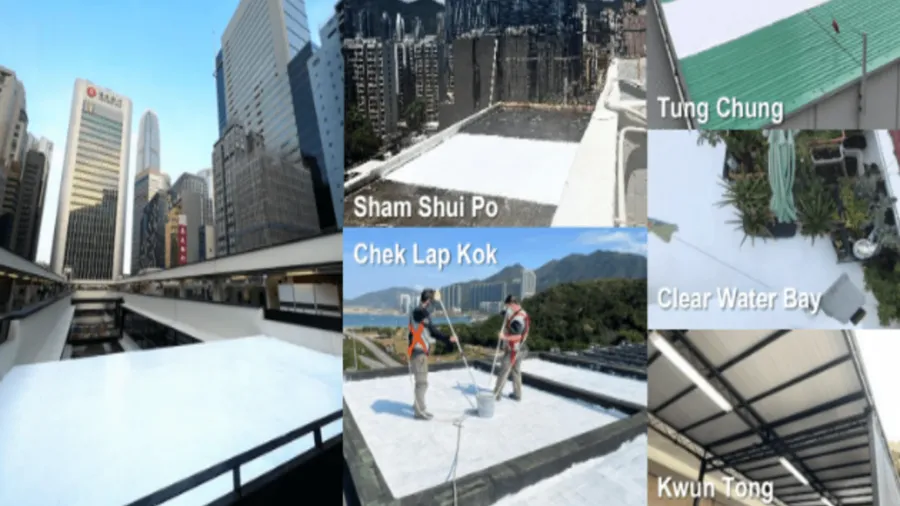
Hong Kong startup cools the world one stroke of paint at a time
i2Cool’s paint technology helps buildings reduce surface temperature by 40°C, allowing a 42% energy saving.
What started out as a university project is now helping cities and countries bring down their electricity use and carbon emissions.
Martin Zhu, co-founder of i2Cool, began the startup when he was taking up his doctorate studies at City University of Hong Kong (CUHK). Through the university’s HK Tech 300 programme, Zhu was able to develop a technology capable of refracting solar energy back and dissipating heat from the earth out to the universe.
Zhu then applied the technology to paint and created a product that can cool down the temperature of buildings or surfaces where it is applied.
What makes i2Cool’s iPaint different from other heat insulation materials in the market is its high solar reflection. The startup’s technology can also emit the radiation with 8-13 micron meters like mid-infrared for cooling.
“Our material can reduce the surface temperature by more than 40°C. For the indoor temperature, we have reduced it by more than 10°C,” Zhu told Hong Kong Business.
For comparison, Zhu said other cooling materials can only reduce temperature by 4°C to 5°C.
One of the buildings that used i2Cool’s cooling paint is the Guangzhou Huashang College. More than 7,000 square metres of its roof was coated with iPaint in December 2022.
By February 2023, outside surface temperature of the building had been reduced by 42.9°C from 63.5°C.
The reduction in temperature has resulted in total electricity savings for the build of 2,629,096.80 kW-h per year, electricity cost savings of CNY1,630,040.02 (US$223,682) per year, and carbon emission reduction savings of 2,366.19 tonne per year.
Towngas, the Hong Kong and China Gas Company, has also used iPaint for the back and framework of its solar panels. By doing so, the public utility company was able to increase the power generation efficiency of its solar panels by 8%.
Solar reflectivity or cooling is one of the two functions of i2Cool’s cooling paint. The other function of the paint is thermal insulation.
“We can convert internal thermal energy of the earth into emission which can then be dissipated out to the very cold universe,” Zhu explained.
He said the idea of radiative cooling or electricity-free cooling actually came from Saharan silver ant which was amongst his inspirations when he was building the technology.
“These ants live in the Sahara Desert under a very hot temperature of like 70°C to 80°C because they have a special skin structure that can convert the body energy into an emission and then the animal can just dissipate the body heat into the universe,” Zhu said.
Painting a cooler future
This technology in i2Cool has made its way to the roofs of many buildings in Hong Kong, with Zhu’s tartup currently involved in more than 60 projects in the city.
Outside Hong Kong, Zhu is eyeing the Middle East to become one of its biggest markets.
So far, i2Cool has already collaborated with Emaar Properties, one of the largest property developers in the United Arab Emirates (UAE).
Through the collaboration, Emaar Properties will use iPaint for the roofs of their projects, particularly shopping malls.
Regarding their product lineup, Zhu shared that his team is already in the process of developing a color-changing cooling paint, along with ceramic cooling solutions and paint applicable for automotive use.
“Our material actually has some very diverse nanoparticles. We can adopt it into car paint that can be sprayed on the metal framework of the car,” he shared.
Zhu added that these products have undergone R&D already and they are just looking for a manufacturer who they can collaborate with for the production.
With a $20-m funding, Zhu said he plans to increase its manufacturing capacity. Currently, i2Cool can produce 3,000 tonnes of paint per year which is enough for 8 million square metres of space.
“One of the challenges in Hong Kong is that the landfill here is quite concentrated and we don’t have enough space to do a large scale production, that’s why we have built a factory in GuangZhou in the Greater Bay Area and is 100 kilometres away from Hong Kong,” he said.
To further extend its manufacturing capacity, Zhu said he also plans to tap the government and the investment market for funding.
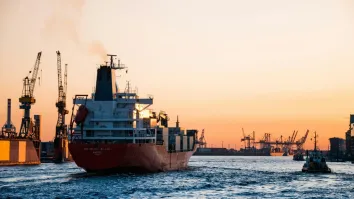
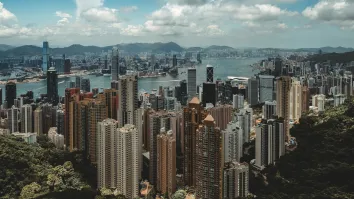
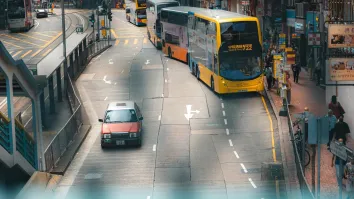
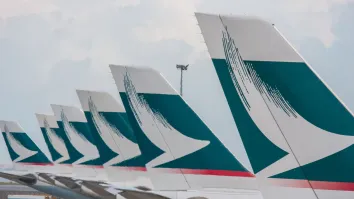













 Advertise
Advertise







